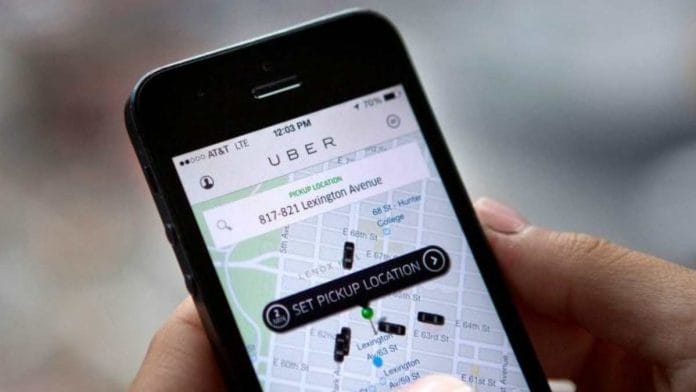New Delhi: From now on, app-based taxi aggregators such as Uber and Ola won’t be able to raise fares arbitrarily when the demand is high — a practice commonly known as surge pricing that has come under a lot of flak from commuters.
The Union road transport ministry Thursday issued the Motor Vehicle Aggregator guidelines 2020, which mandates that aggregators shall be permitted to charge a maximum surge price of 1.5 times the base city taxi fare fixed by respective state governments.
During non-peak hours, the aggregators will be permitted to charge a fare that is 50 per cent lower than the base fare. In states where the city taxi fare has not been determined, an amount of Rs 25-Rs 30 shall be treated as the base fare.
App-based ride-hailing services have been running without any government checks. Though they were brought under the ambit of the Motor Vehicles (Amendment) Act, 2019 last year, the ministry had not notified the guidelines.
Also read: Ola, Uber to go on strike in Delhi-NCR, demand extension of loan moratorium & fare hike
Aggregators won’t be allowed to do business without licence
The guidelines, issued by the ministry, also mandates that no aggregator will be able to do business unless granted a licence by the state government.
It also spells out the framework for regulating app-based cab booking services that respective states will have to follow, including protocols for safety of commuters and women employees.
Violation of licensing norms will invite a penalty of upto Rs 1 lakh and cancellation of the licence.
To be eligible for a licence, the applicant will have to be registered under the Companies Act, 1956 or 2013 or a cooperative society under the Cooperative Societies Act, 1912, formed by an association of drivers or motor vehicle owners.
Besides, the aggregator should have a registered office in India. The licence fee has been fixed at Rs 5 lakh and will be valid for a period for five years.
For getting a licence, the aggregator will also have to ensure compliance on the part of drivers, which include valid proof of identity, driving licence, minimum driving experience of 2 years, and police verification. The driver of a vehicle should also not have been convicted within the past 3 years for driving under the influence of alcohol.
The aggregator will also have to adhere to safety protocols like ensuring that the GPS installed in the vehicle is functioning appropriately, the driver is plying the vehicle on the route assigned on the app and ensuring safety of women employees, among others.
Rules for cancellation of rides
If a driver cancels a booking subsequent to accepting a ride on the app without any valid reason, a penalty of 10 per cent of the total fare not exceeding Rs 100 will be imposed. The same penalty will be imposed on the rider if he cancels the booking.
The regulations also mandate that the driver of a vehicle integrated with the aggregator will receive at least 80 per cent of the fare applicable on each ride and the remaining charges will go to the aggregator.
The state government may through a notification direct 2 per cent over and above the fare towards the state exchequer for amenities and welfare programmes for aggregator operated vehicles.
Also road: Ola buckles up for a battle with Uber India, raises $300 million from Hyundai







Another license, another way to take bribes